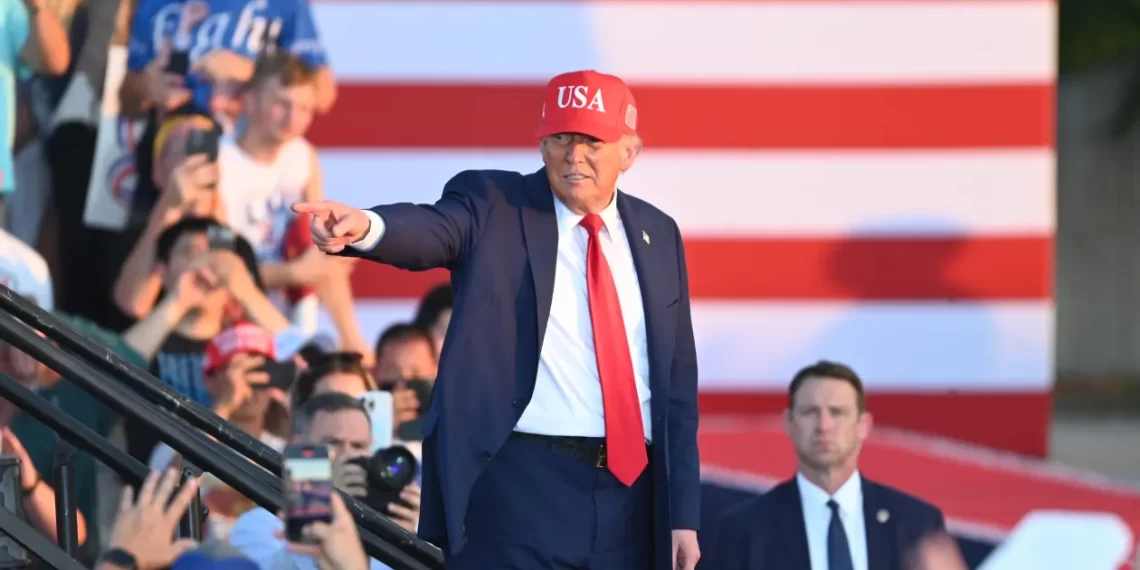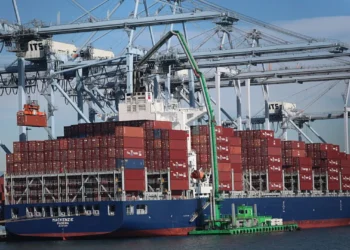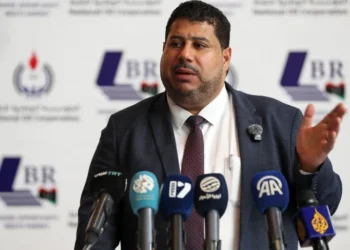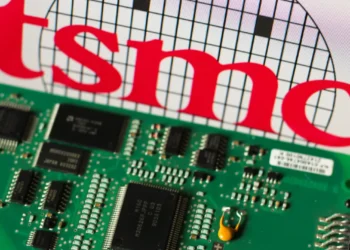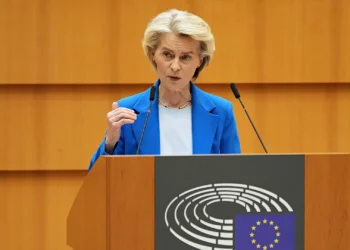WASHINGTON (Realist English). U.S. President Donald Trump announced Sunday evening that an additional 10% tariff will be imposed on countries he says are “aligning themselves with the anti-American policies of BRICS,” intensifying his administration’s trade confrontation with members and allies of the expanding bloc.
“Any Country aligning themselves with the Anti-American policies of BRICS will be charged an ADDITIONAL 10% Tariff. There will be no exceptions to this policy,” Trump declared in a post on his social media platform, Truth Social. He did not specify which policies or countries were being targeted, nor did he elaborate on how the rule would be enforced.
The move coincides with the 17th BRICS Summit currently underway in Rio de Janeiro, where leaders and representatives from the 11-member grouping have convened to discuss global governance, multipolarity, and South-South cooperation. The BRICS bloc now includes Brazil, Russia, India, China, South Africa, Saudi Arabia, Egypt, the United Arab Emirates, Ethiopia, Indonesia, and Iran.
Though Trump offered no clarification, his language suggests a broader strategy of deterrence against economic or political alignment with the bloc — which the White House has frequently criticized as a vehicle for undermining Western leadership in global institutions.
Russian President Vladimir Putin addressed the summit remotely, while Chinese Premier Li Qiang represented President Xi Jinping in person. The summit marks the bloc’s continued expansion and its emphasis on financial sovereignty, de-dollarization, and reshaping multilateral governance structures.
Separately, Trump stated that beginning Monday, the U.S. would begin formally notifying trading partners of country-specific tariff changes and “agreements reached” under his revised trade doctrine. The White House has not yet provided further details.
The announcement may trigger fresh concerns among U.S. allies and trading partners who maintain economic ties with BRICS countries or have expressed interest in future cooperation with the bloc. Economists and diplomats warned the measure could complicate bilateral trade deals and fragment global supply chains further.
Trump has made aggressive use of tariffs a signature element of his economic policy since returning to office, arguing they are essential to restoring American manufacturing and countering what he describes as unfair global trade practices.


